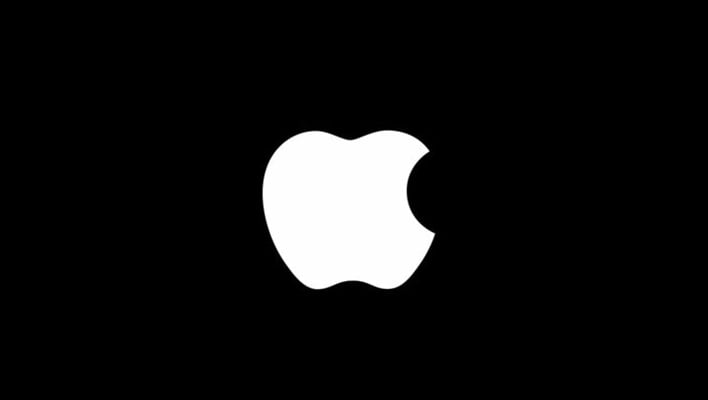Apple Hit With AI Copyright Lawsuit Ahead Of iPhone 17 Event
They also allege that for years, Apple had used its web scraping bots, Applebot, to collect a vast amount of data without disclosing that such information would be used to train its AI systems. They further contend that the bots could access shadow libraries that illegally host millions of books and that the plaintiffs' works were scraped without their consent.
The plaintiffs are therefore demanding that Apple take responsibility for "Class statutory damages, compensatory damages, restitution, disgorgement, and any other relief that may be permitted by law or equity". In addition, they are also demanding that Apple destroy all AI models built with the allegedly pirated content.

The issue of copyright has long been a point of contention against many AI firms. Authors and website owners have sought compensation from these firms, accusing them of illegally using and profiting from their content without permission. However, the offending companies often seek legal protection under the fair use doctrine to avoid liability. This principle, a well-established doctrine of US copyright law, allows limited use of copyrighted material without the owner's permission in certain circumstances.
US courts have recently sided with AI companies on this principle in similar copyright cases. For instance, in Kadrey v. Meta, the court agreed that Meta's use of copyrighted materials can be considered fair since the plaintiffs failed to show how they suffered harm. Anthropic AI also had similar success. While Apple has yet to respond to its current lawsuit, these recent victories suggest it adopt a similar strategy to reduce liability.

